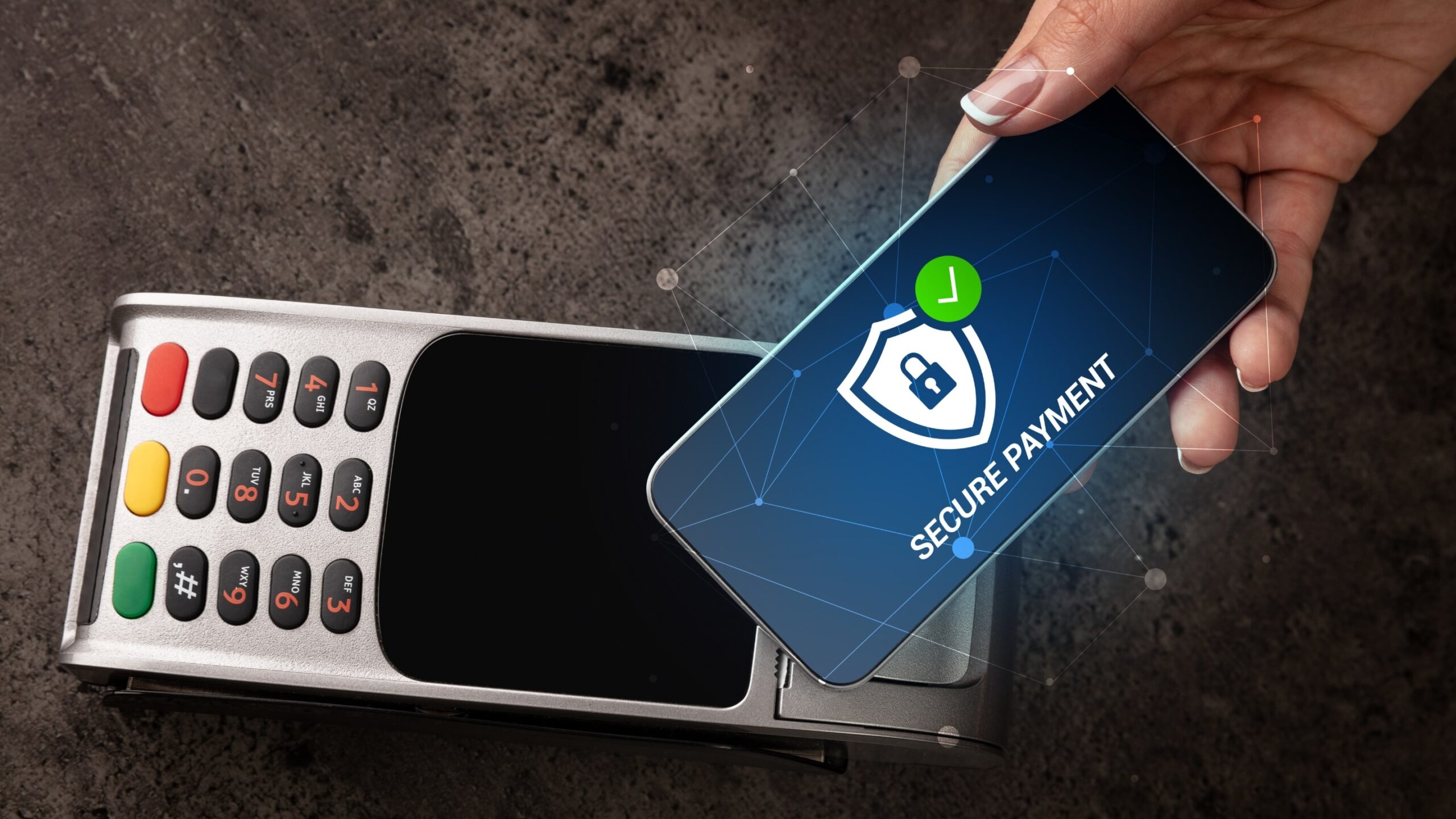For small businesses like restaurants, dental offices, retail shops, and local service providers, trust is everything. Customers choose these businesses not just for products or services, but also because of personal relationships and a sense of community. Every time a customer pays, whether it’s by card at the counter, through a mobile device, or over the phone, they are placing their trust in you to keep their sensitive financial information safe.
Strong payment security is no longer a luxury reserved for large corporations. Even small businesses are targets for fraud, data breaches, and payment scams. By taking security seriously, you not only prevent financial loss but also build credibility, loyalty, and a reputation for professionalism that sets you apart in your community.
Why Payment Security Matters for Small Businesses
It’s a common misconception that cybercriminals only target large companies. In reality, small businesses are often considered easier prey because their systems and processes may not be as advanced. For example, a family-owned restaurant that still uses outdated card readers or a dental clinic without proper encryption can quickly become a victim of fraud.
The consequences can be severe:
- Financial loss – Even a few cases of stolen card data or fraudulent transactions can drain profits.
- Legal and regulatory penalties – Businesses that fail to comply with payment security standards, like PCI DSS (Payment Card Industry Data Security Standard), may face fines.
- Reputation damage – In close-knit communities, word spreads fast. A single breach can make loyal customers think twice before coming back.
For small businesses, where every customer counts, even one security incident can threaten long-term survival.
The Risks of Weak Payment Security
When payment security isn’t prioritized, small businesses face multiple risks:
- Fraud and chargebacks – Fraudulent transactions often lead to costly chargebacks that eat into margins.
- Loss of customer trust – Customers who feel unsafe may stop visiting your business altogether.
- Community impact – Local businesses thrive on word-of-mouth. A negative story about payment fraud can discourage both current and potential customers.
Take the example of a local café that had its payment system hacked, resulting in dozens of compromised cards. While the financial damage was eventually managed, the real cost was losing loyal patrons who no longer felt safe paying there.
How Strong Payment Security Benefits Small Businesses
On the flip side, investing in secure payments has long-term rewards. Good payment security is more than just protection, it becomes a business advantage. Small businesses that protect their customers’ data are more likely to:
- See repeat visits and higher loyalty from customers who feel safe.
- Build a positive reputation as a trustworthy and reliable establishment.
- Reduce risks of fraud, chargebacks, and regulatory fines.
- Offer a seamless, stress-free payment experience that customers appreciate.
In other words, secure payments are not just about avoiding losses—they are about driving growth and strengthening relationships.
Best Practices for Payment Security in Small Businesses
Here are some practical strategies every small business should adopt:
- Use Modern, Secure Payment Systems
Invest in card readers, POS systems, or mobile payment devices that support encryption and tokenization. Outdated systems are easy targets for fraud.
- Train Your Team on Security Awareness
Employees often handle customer payments directly. Make sure they understand how to process payments securely, spot suspicious activity, and avoid common mistakes like writing down card details.
- Monitor Vendors and Third-Party Providers
If you rely on a payment processor or software provider, ensure they meet industry standards like PCI DSS. Regular audits and updates are essential.
- Balance Security with Convenience
Security should not slow down customer service. For example, contactless payments or mobile wallets provide both safety and speed. Customers appreciate businesses that make secure payments easy.
- Prepare for Incidents
Even with strong precautions, no system is perfect. Have a plan for detecting, containing, and responding to fraud. Quick and transparent communication can preserve customer trust if an issue arises.
- Stay Compliant with Regulations
Payment security is not just best practice; it’s often required. Staying compliant with PCI DSS and other standards helps avoid penalties while reassuring customers.
Partner with Scout Pay for Safer Transactions
At Scout Pay, we understand that small businesses need payment solutions that combine security, simplicity, and affordability. That’s why we design our services specifically for restaurants, dental offices, shops, and local service providers.
From secure card processing and fraud detection to clear reporting and compliance support, Scout Pay ensures that your business is protected at every step. With our help, you can focus on serving your customers while we take care of keeping their payments safe.
Don’t let your business be vulnerable to fraud or lost trust. Protect your transactions, safeguard your reputation, and give your customers the confidence they deserve. Contact Scout Pay today to explore payment solutions that keep your small business secure and thriving.




